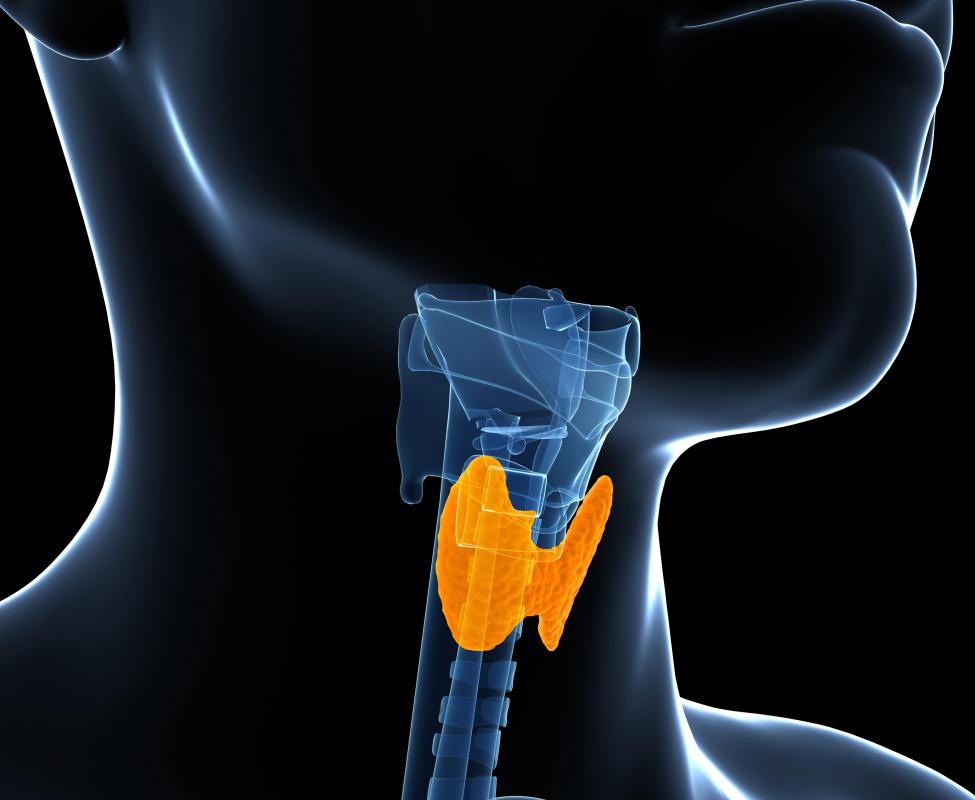At TheHealthBoard, we're committed to delivering accurate, trustworthy information. Our expert-authored content is rigorously fact-checked and sourced from credible authorities. Discover how we uphold the highest standards in providing you with reliable knowledge.
What is a Stupor?
A stupor is an impaired level of consciousness in which the sufferer is almost totally unresponsive and typically reacts only to intense physical stimulation. People in stupors often seem to be a a dreamlike state and usually will awaken only when they are shaken vigorously, hear extremely loud sounds, or experience sharp physical pain. Quite similar to a stupor is a coma. The difference between the two conditions is that people in a coma will not respond to any external stimulation, however intense.
The cause of stupors is usually some type of impairment to the brain. Large parts of both the left and right sides of the brain are involved in maintaining full consciousness, as are smaller, isolated areas. Typically a physical disorder or one caused by drugs, alcohol, or prescription medications interferes with proper functioning of both sides of the brain or in one specific area controlling consciousness. Common physical disorders that can lead to stupor are kidney or liver failure, underactive thyroid gland, extremely high or low body temperature, high or low levels of sugar or oxygen in the blood, heart conditions, and aging.

Mental illness is sometimes characterized by stupors. Psychiatrists and psychologists typically identify two types of stupors that occur in mentally ill patients: benign and malignant. They define these terms differently than when they are used to describe cancers. Benign stupors in mental patients are those that can be expected to occur and end quickly. Malignant stupors are typically those that doctors do not expect to end abruptly and project to last for considerable periods of time.

Symptoms of stupor vary in number and severity with the people suffering from them. Careful observation, however, can sometimes detect them. Medical professionals typically attempt to diagnose stupors by studying a patient's breathing, muscle rigidity, and eyes.
A person in a stupor will usually not breath normally. He or she may be taking breaths too quickly, too slowly, too deeply, or irregularly. Sometimes breathing switches abruptly from one condition to another. The muscles of stupor sufferers often contract and become fixed in strange positions. Some sufferers experience muscle spasms. In others, their musculature — even their entire body — becomes very limp.

Eye appearance and movement sometimes also offer clues to the presence of stupor. Pupils of sufferers' eyes are often widely dilated and do not react to light. In others, pupils contract and become very small. The eyes of people in a stupor may not even move at all; or, if they do, they may move very unnaturally.
AS FEATURED ON:
AS FEATURED ON:















Discussion Comments
@literally45-- No, someone in a stupor will not move or respond to external stimuli. They can certainly hear what is said to them, they can see as well, but they can't respond. They can't speak either.
It's actually a very frustrating and scary experience for the person because he or she is not sleeping but yet cannot do anything. There may be blurry vision, inability to feel anything or the feeling of tingling in the limbs.
As far as I know, it's mainly treated by therapy. But keep in mind that stupors have different causes. Sometimes the cause is physical, other times its psychological. So treatment will naturally depend on the cause.
So when someone is in a stupor, can he or she move at all? Can the person hear what is said to them or think? How are stupors treated?
My mom went to a private women's medical college and one of the students apparently suffered from stupors often. My mom said that the first time the girl experienced it, the teacher did a test to see if she was in a stupor by basically pricking her under her foot with a small needle. Apparently she would awaken at that point and that's how she was diagnosed with the condition. I'm not sure if people who suffer from them are still diagnosed in a similar way. This was something that occurred thirty years ago.
Post your comments